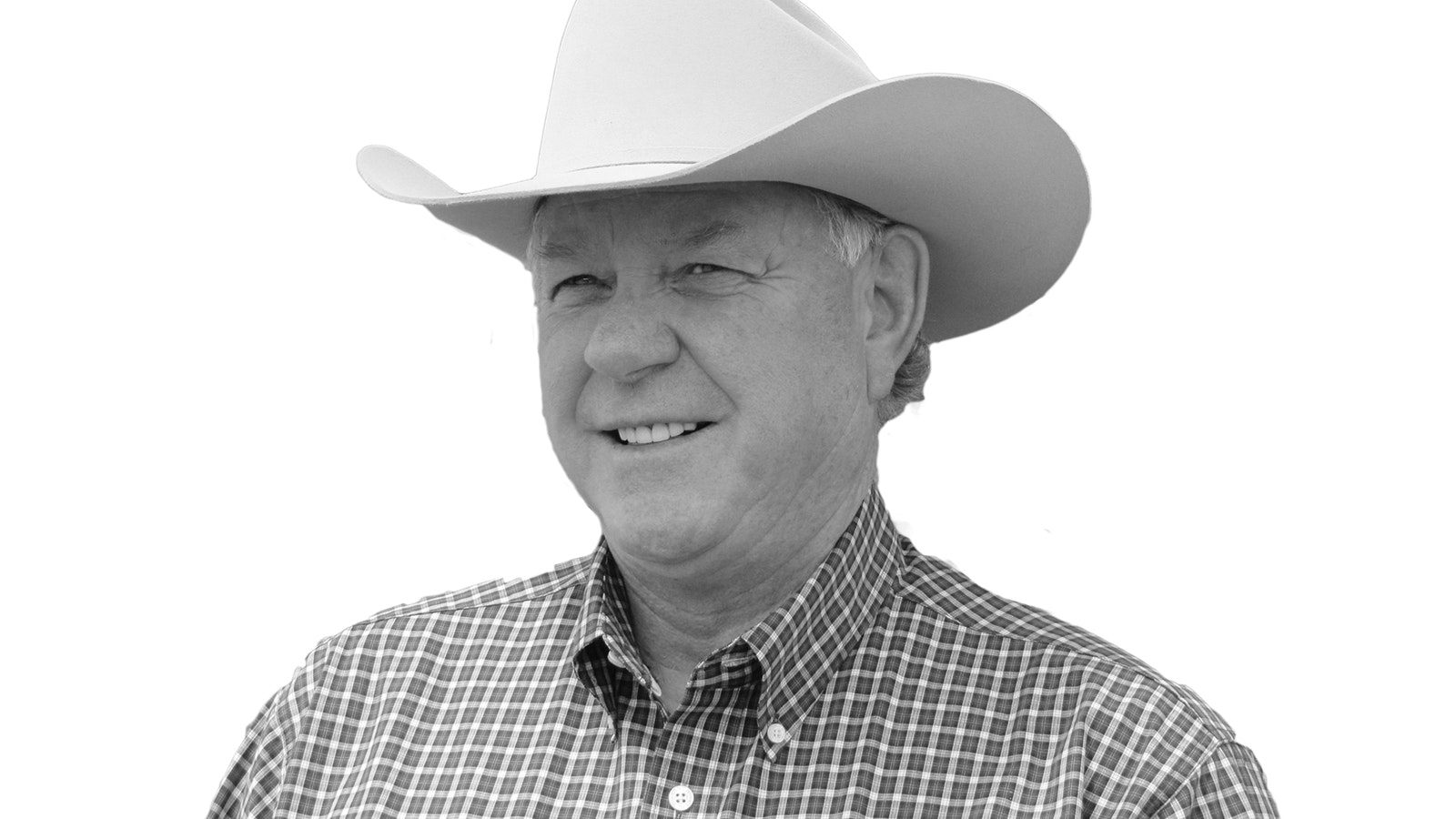One of the hottest topics in the beef world since 2015 is Country of Origin Labeling (COOL). The topic has pitted ranchers against ranchers, neighbors against neighbors and Canada against America.
Everybody in the beef business seems to have an opinion about COOL.
Some want mandatory COOL (MCOOL) and others want voluntary COOL. Both have their merits, which brings in emotions from both sides.
I’ve always been on the side of voluntary COOL, which doesn’t involve as many restrictions and makes COOL more market driven.
I remember when there was MCOOL in the U.S. At the time, I was in Canada attending a beef conference.
The Canadian Agriculture Minister and Canadian ranchers and feeders believed they would fight it, and fight it they did. They appealed to the World Trade Organization, which ultimately ruled in their favor.
In the end, the U.S. had to back down in order to avoid paying some hefty tariffs.
When consumers are asked if they want beef born, raised and processed in the U.S., they all say yes, and understandably so.
But when they get to the meat counter, the only label most consumers usually look at is the price, especially these days as beef prices are at record highs.
Many ranchers may see the benefit of MCOOL, but the big “if” is who is going to pay for it.
One can bet beef processors won’t pay for it, which leaves either beef producers, grocery stores and, ultimately, consumers. That will not go over well.
One of the issues bothering me is no one seems to know what the cost of MCOOL would be.
Everyone acknowledges there will be a cost, but they don’t know how much. It is rare to see beef producers, feeders and processors making money at the same time, so the biggest risk will fall on producers and feeders.
Everyone else can simply pass costs on to the consumers.
For producers, all cattle would have to have an ID ear tag from the time they are born to the time they arrive at the processing facility in order to prove they were born and raised in the U.S.
Currently, there is a voluntary label in place for cattle born and raised in the U.S. for those who want to use it, and the program is U.S. Department of Agriculture approved.
Foreign meat from sheep and hogs must be labeled by the country they come from.
This hasn’t stopped consumers from buying pork from other countries and lamb from Australia and New Zealand.
Currently, there is a bill in the U.S. Senate which would reinstate MCOOL for beef.
More important is the need for Congress to change the current beef labeling system in this country which allows imported beef neither born and/or raised in the U.S. – only finished here – to be labeled as a “Product of the U.S.”
This label is lying to consumers and needs to be outlawed.
The U.S. needs to be very careful of any meat coming in from other countries to ensure quality and consumer safety.
Dennis Sun is the publisher of the Wyoming Livestock Roundup, a weekly agriculture newspaper available online and in print. He can be reached at: Dennis@wylr.net





